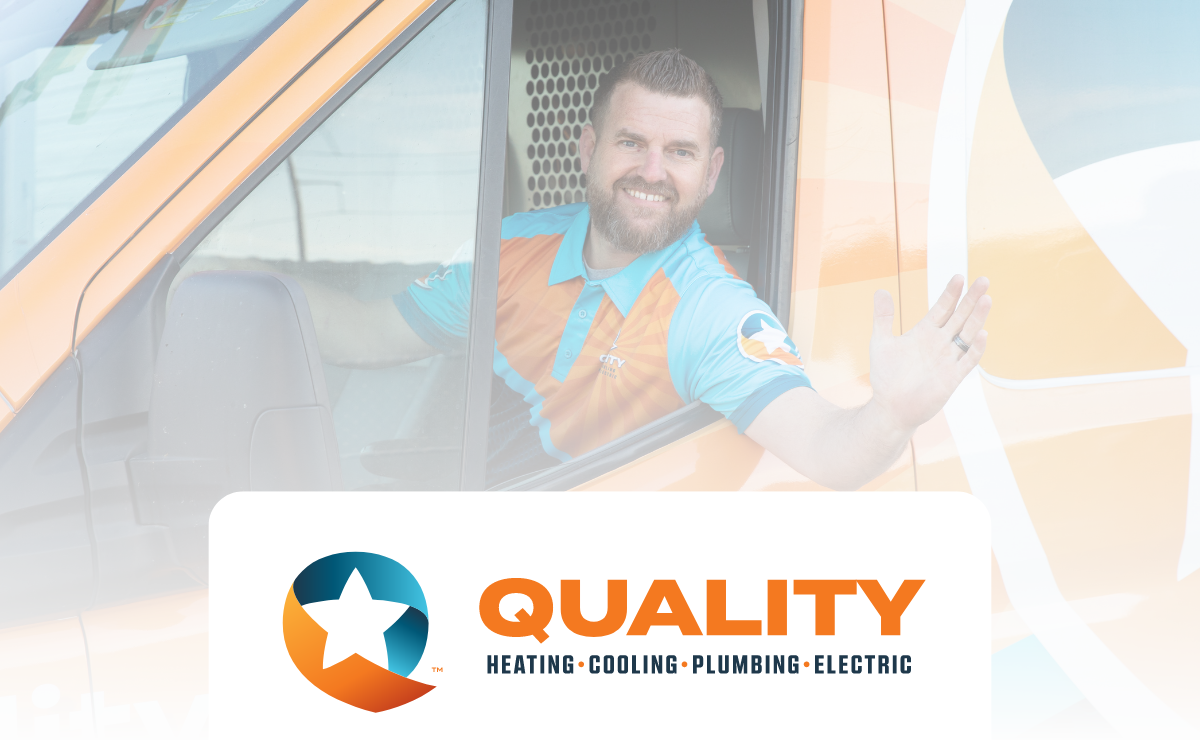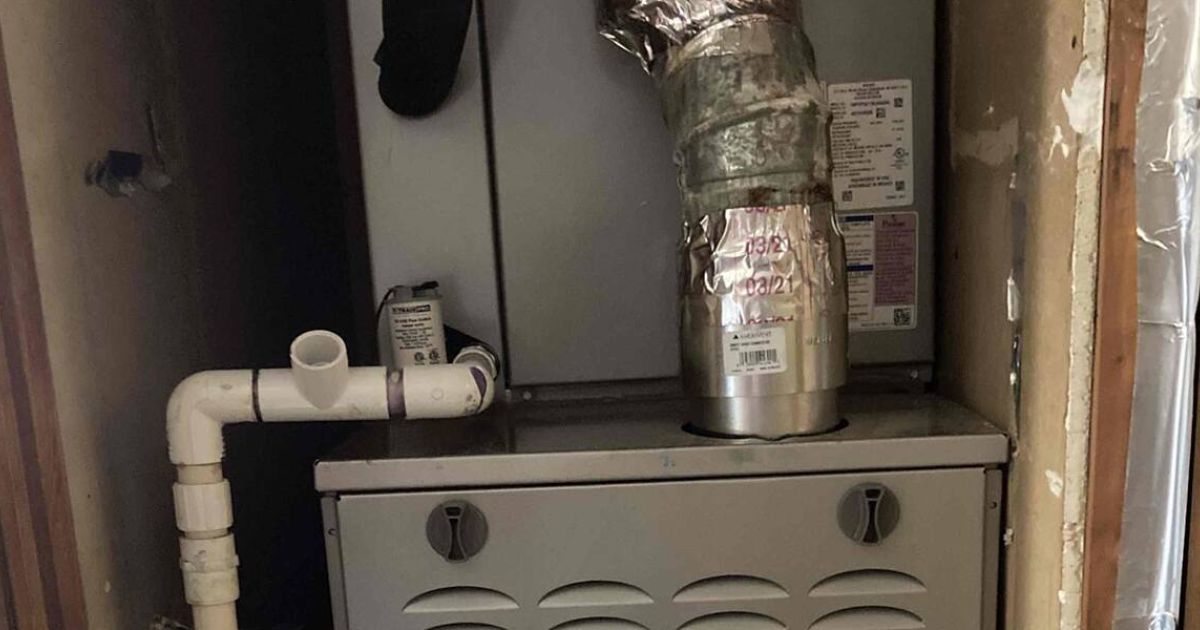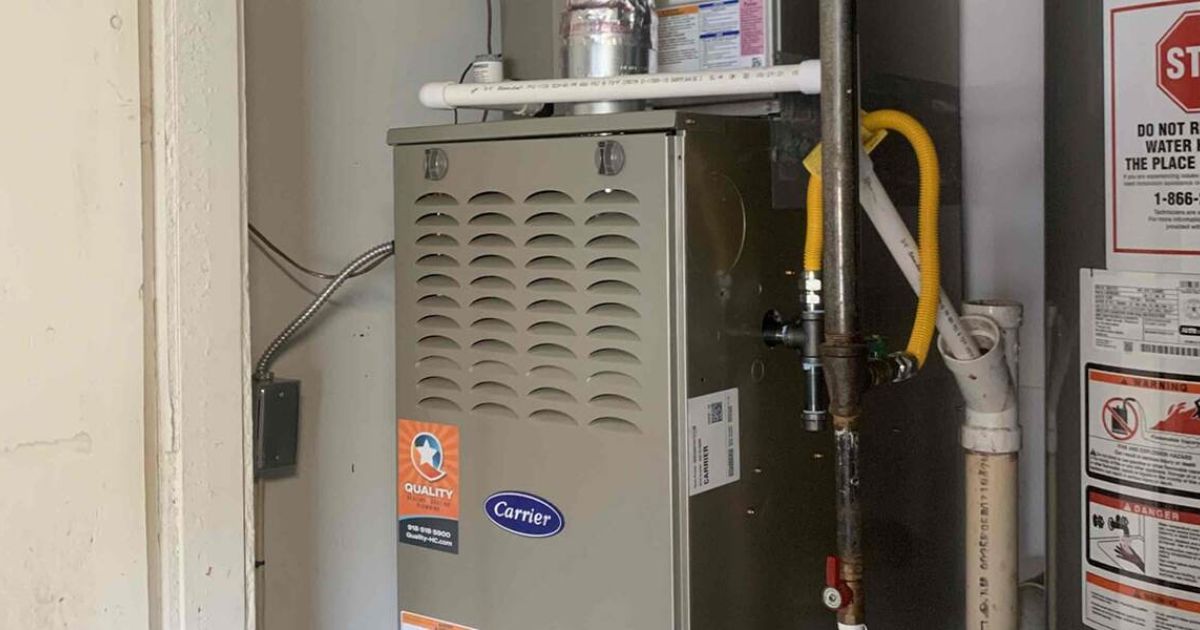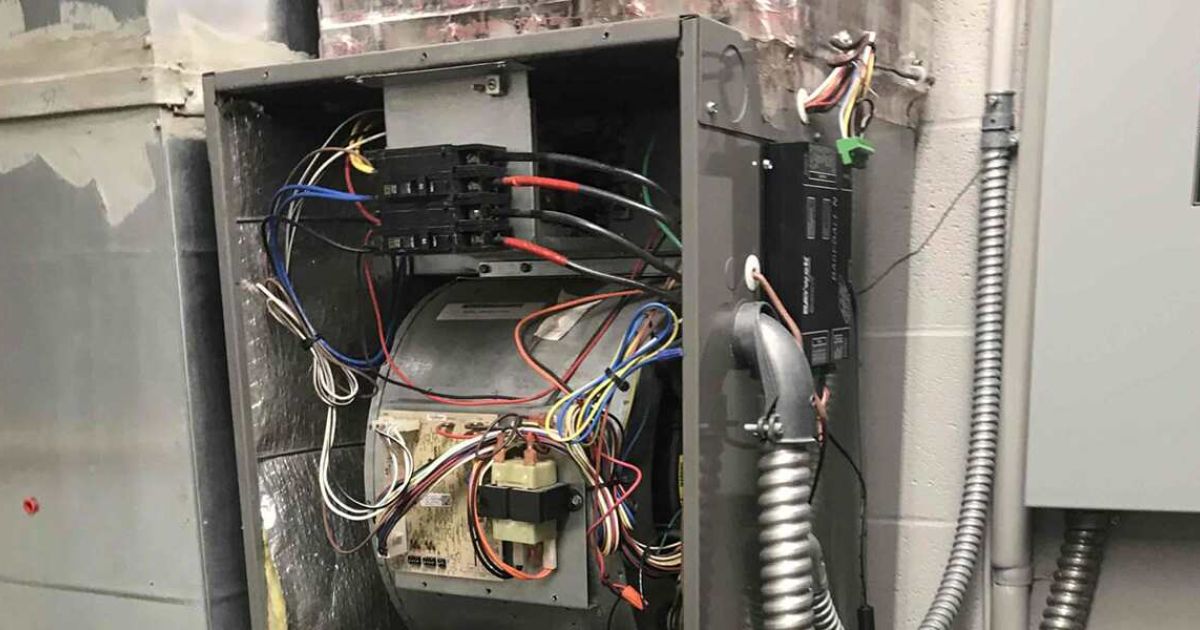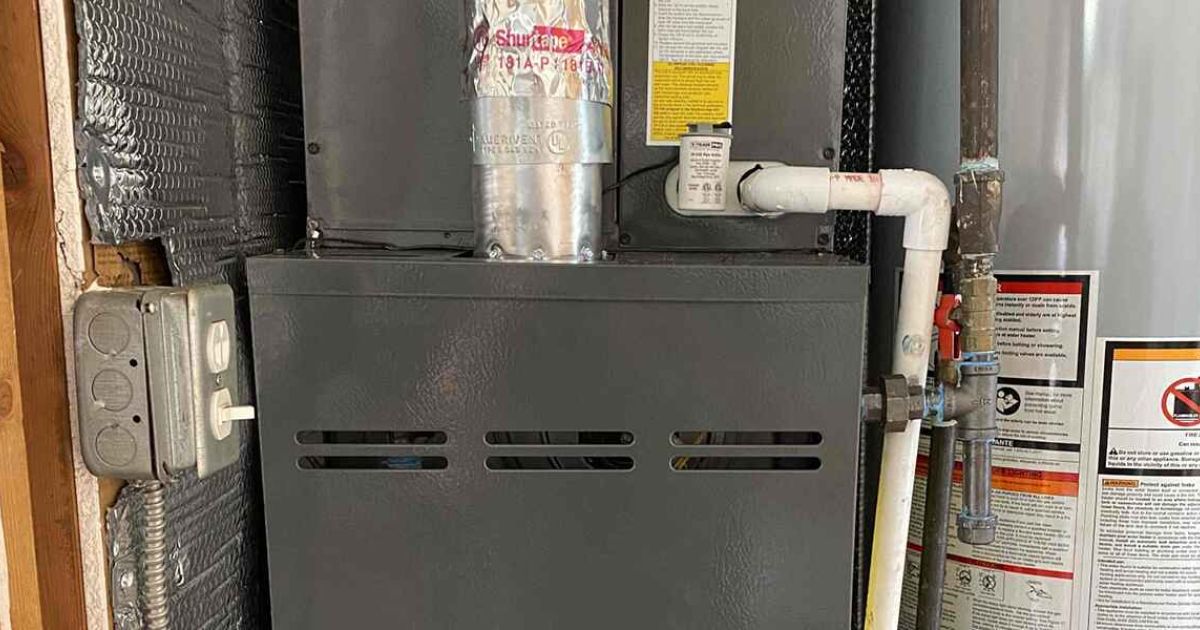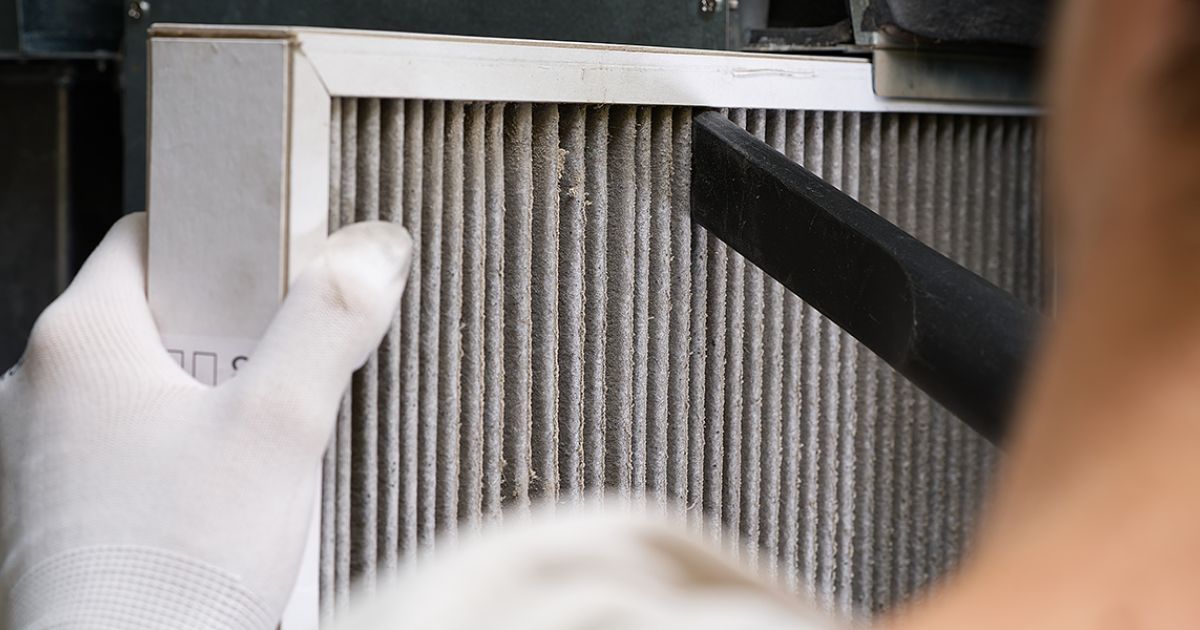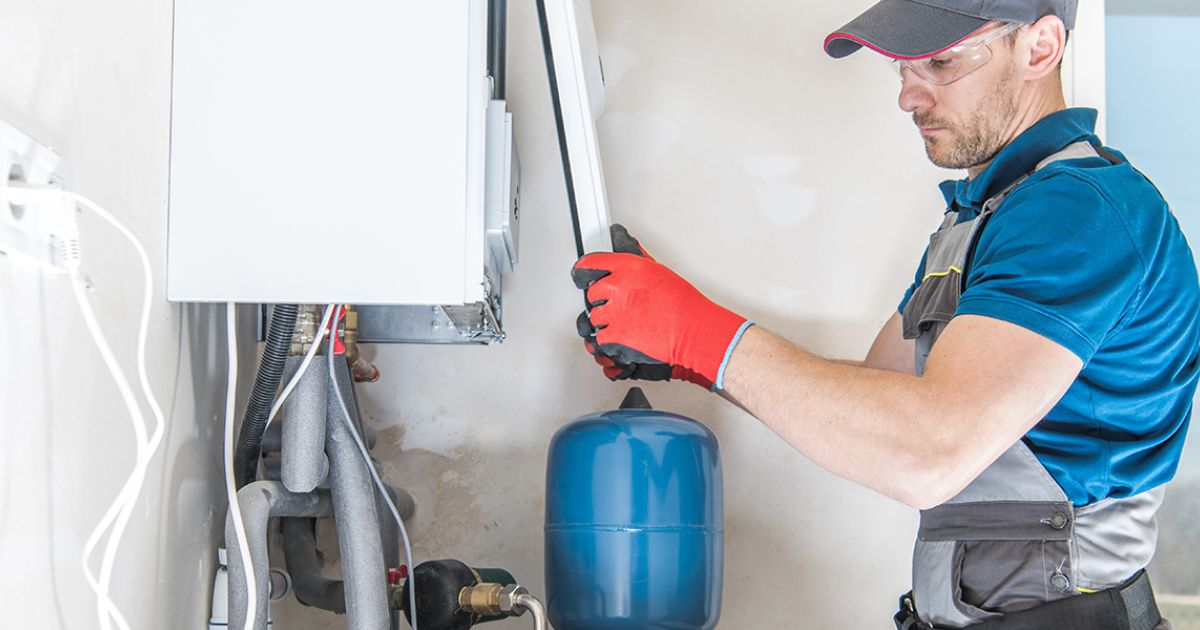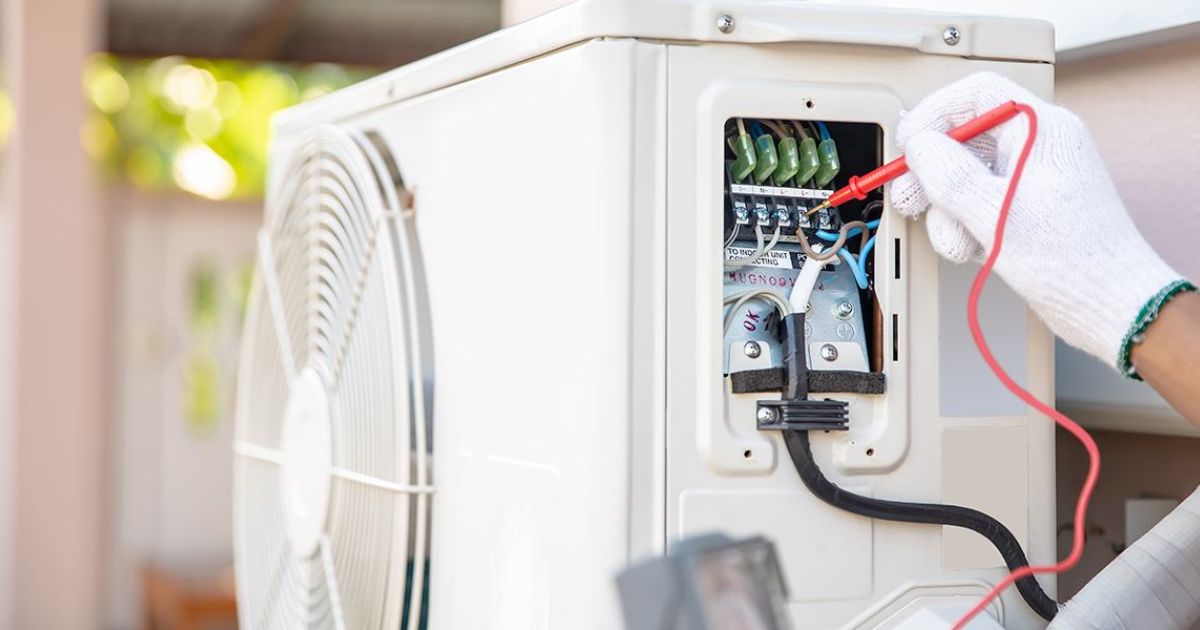
Smoothly-running HVAC systems are essential for comfortable home living, especially in the dog days of the Oklahoma summer. However, when you lean too heavily on your AC system without regular inspections and maintenance, you risk overworking the machine and creating an HVAC compressor overload.
Overloads happen when the compressor, the part of an HVAC that distributes coolant throughout the machine, overheats and shuts down the entire system. While running your HVAC day and night can push the system closer to a compressor overload, it likely won’t reach that point unless your machine has underlying issues.
Here, we’ll look at the four most common problems that can cause an HVAC compressor overload and what you can do to avoid them.
Dirty Components
HVAC systems produce heat when they take in air and modify its temperature, but that heat isn’t an issue for well-maintained units. A perfectly clean HVAC will have enough airflow to transfer that warmth out of the system and allow cooler temperatures inside. However, dirt buildup can block that airflow and keep the heat inside, leading to overheating and an eventual HVAC compressor overload.
Dirty air filters are especially problematic since the air filter oversees the system’s airflow. An air filter will allow wind to pass through but catch any dust and debris within that wind to keep it from spreading across your home. However, over time, enough dust will collect so that nothing can pass through the filter, keeping the system’s heat trapped inside.
HVAC Isn’t Receiving Enough Electricity
HVAC systems consume a lot of power to run correctly, and if they don’t have a way to get that power, they can experience several issues, including an HVAC compressor overload.
If your HVAC system has a power issue, it will likely short out rather than overheat. Unfortunately, compressor shortages can be a result of several minor problems, including:
- A loose connection between your HVAC and the power supply
- Corroded electrical supply parts
- Interior component failures
- Damage to the compressor windings
- Poor installation
Your HVAC’s electrical connection can loosen naturally over time, especially when you run it regularly. While you can fix this problem quickly by reconnecting the unit to the power supply, the other issues will require professional treatment from a heating and cooling contractor in Tulsa, OK, from Quality Heating, Cooling & Plumbing.
Problems With The Outdoor Component
Your HVAC system’s outdoor component is equally susceptible to dirt clog, which lead directly to an HVAC compressor overload. Like a dirty air filter, debris blocks in the outdoor unit will constrict the system’s airflow, causing it to work harder and eventually overheat.
Grass clippings and outdoor debris aren’t the only obstacles an HVAC’s outdoor component has to face, however. Any worn down or broken parts within an outdoor component can lead to electrical issues that overheat and overwork the system, creating the risk of a potential HVAC compressor overload.
Insufficient Refrigerant
HVAC refrigerant is crucial in turning the warm air outside into the cool breeze that filters from your system’s vents on a hot summer day. Without enough refrigerant, your HVAC system will strain itself to get your home’s air to the right temperature and eventually overheat.
Unfortunately, HVAC refrigerant leaks are common and difficult to fix without professional assistance. Suppose you see any signs of leaking refrigerant (liquid pooled at the bottom of the unit, noisier than usual HVAC operation, or an HVAC compressor overload). In that case, you must turn off your system and call a professional repair team immediately.
Refrigerant leaks can lead to dizziness and sickness if you breathe in the chemicals. Thankfully, the HVAC repair experts at Quality Heating, Cooling & Plumbing can patch up the leaking part in a flash, refill the lost refrigerant, and protect you and your HVAC system.
How To Avoid an HVAC Compressor Overload
Now that you know the causes of HVAC compressor overload, here are some tips on how to stay proactive and prevent it from occuring:
Change Your Air Filters Regularly
Poor airflow is the most common reason why HVAC compressors overload; Fortunately, it’s also one of the easiest problems to fix.
Changing your HVAC’s dirty air filter regularly will boost the airflow even if you’re not cleaning the other parts. How often you replace the filter should depend on how frequently you use the device, but inspecting it monthly will help you stay on top of any potential issues.
Remember that outdoor HVAC components also deal with blockages because of the extra debris they face, so it’s essential to inspect and clean them as often as the indoor filters.
Install Temperature Sensors
Thermal overload relays are devices that monitor your HVAC system’s internal temperature and shut the unit down if they detect it overheating. With your HVAC unit off, the compressor will return to a sustainable temperature, and the relays will turn the system back on once it reaches that point.
Don’t Shy Away From Professional Help
You can prevent every problem that causes an HVAC compressor overload by scheduling regular maintenance services. A qualified HVAC team will clean and replace your air filters, correct any electrical issues, inspect your system’s outdoor components, patch up refrigerant leaks, and leave you with a spotless HVAC system ready for the demanding task ahead.
If you live in the Tulsa, OK, area, there’s no better team to handle your HVAC compressor issues than Quality Heating, Cooling & Plumbing.
Stop HVAC Compressor Overloads With Help From Quality Heating, Cooling & Plumbing
Quality Heating, Cooling & Plumbing has helped Oklahoma property owners overcome their HVAC issues since 2014. When you call us to inspect your HVAC compressor overload, we’ll use our experience to diagnose the problems and fix them as quickly as possible so that you can bring cold air back into your home.
Call Quality Heating, Cooling & Plumbing today at 918-212-0122 to fix your HVAC compressor overload issues or learn more about the ideal temperature setting for summer for your HVAC.

Cassie Pound is the Vice President of Quality Heating, Cooling, Plumbing & Electric with locations in Tulsa, Glenpool, and Bartlesville, Oklahoma.

